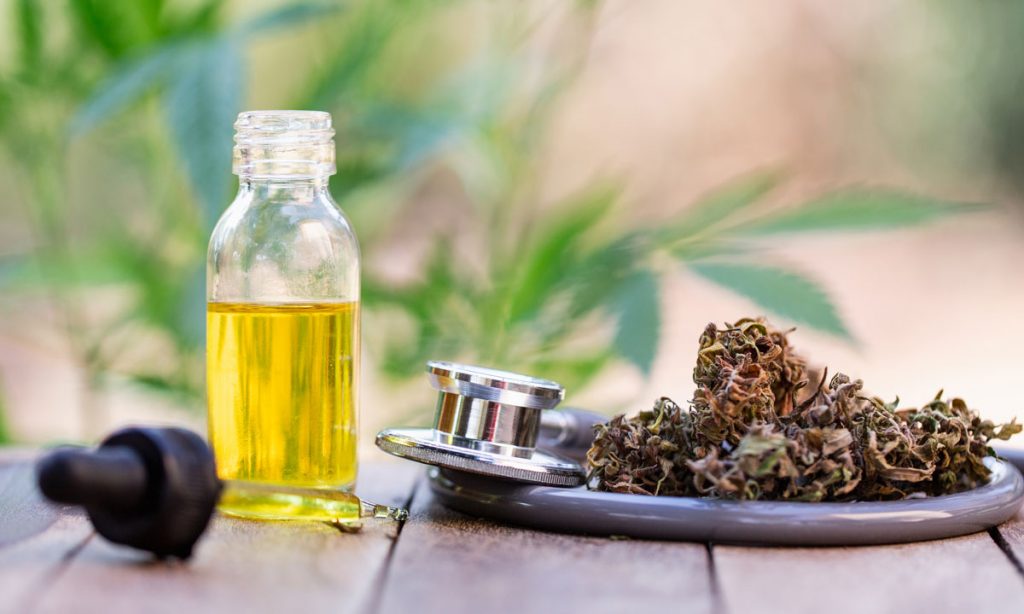A campaign pushing to legalize marijuana in Ohio will have to collect a new batch of petition signatures after Ohio Attorney General Dave Yost rejected the first batch the group submitted, citing issues with how the petition summarized the group’s proposed law change.
Getting ballot language approved is the first hurdle any state issue campaign must clear. But Yost’s rejection isn’t the final say for the group. The group now must try to address the issues Yost identified and resubmit another batch of at least 1,000 valid signatures.
“All I can really say at this point is it just came in,” said Tom Haren, a Cleveland lawyer who is a spokesman for the Coalition to Regulate Marijuana Like Alcohol. “We’re reviewing. But we do plan to resubmit.”
The coalition plans to start circulating for what’s called a statewide initiative, a mechanism through which citizens can put a proposed law change before the state legislature. Lawmakers then could decide to pass the law. A similar maneuver in 2016 pressured state lawmakers into legalizing medical marijuana, leading to the program that launched in 2018. The current campaign could be an attempt to force the legislature’s hand once again.
But if the legislature fails to act, or passes a modified version of the law, backers then could seek to take the original proposal for a statewide vote. The process of presenting the the law to the legislature, and then to send it to voters if necessary, is a costly one, and involves collecting hundreds of thousands of signatures from across the state.





